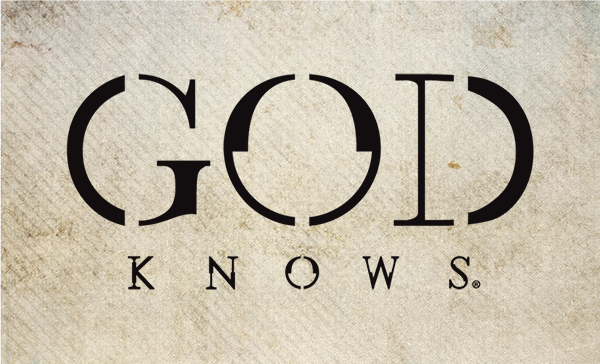
“Celebrities are those who are well known for their well-known-ness.” That may be a contemporary quote, but its incentive goes way back. The world has always been enamored with appearance. We are intoxicated by power, drool over prestige, and fawn over those with high, popular, or noted positions. The Academy Awards ceremony and the ever-multiplying spinoffs of such events are cases in point. Endless hours are invested into analyzing every detail of the happenings and the who is who on the red carpet. What are people wearing? Who are they with? Is their popularity soaring or sinking? We are so immersed in these topics, which are given such serious attention and focus, that the sheer emptiness often escapes us.
Perhaps one of the greatest contrasts to the world’s chosen is God’s choice of messengers. Would anyone have chosen Moses? Would anyone have selected the twelve disciples? You can almost hear the crowd, the cultured despisers, responding to the likes of Hosea, Jeremiah, and John the Baptist: “Who, them? You’ve got to be kidding!”
Jonah’s life is a case study for showing just how often we misjudge and misread. If even a professional prophet could get things so wrong in terms of understanding God and those God chooses to bless, forgive, or call nearer, how will we be any different? Yet how often, and how tritely, we invoke the truth that “God’s ways are not our ways,” while simultaneously operating as if we have it all figured out. Like Jonah, we often feel we know exactly what should happen in any given situation and are more than ready to offer advice, correction, or input. Yet the frequency with which Jonah got it wrong, the people of Israel got it wrong, and we continue to get it wrong, should truly demand an ample measure of humility and introspection. What does God see in the lives of those he calls? What are we overlooking? What are we not seeing?
In his letter to the Corinthians and throughout many of his writings, Paul seeks to unpack the mystery of God’s workings and to show that God’s ways are truly other than what is considered the norm. Paul brings home not only the surprising content of the message (the foolishness of the cross) and the unusual choice of the messengers (not many of you were cool*), but more importantly, the unconventional way that God works. The apostle does not really say anything about why or how God chooses, but simply that God does so, “And because of him you are in Christ Jesus, who became to us wisdom from God, righteousness, sanctification and redemption, so that, as it is written, ‘Let the one who boasts, boast in the Lord. ” (1 Corinthians 1:30-31).
Following Christ requires independent and courageous thinking and acting. The choice often leads us to go against the flow, to stand opposing, to resist the wisdom of the crowd. Paul’s reminder of the basis upon which God chooses should divest us of our self-elevation. For God’s choosing is not based on our credentials or qualifications but solely and squarely on Christ’s. Francis Schaeffer used to say, “There are no little people” in God’s eyes. We are all sinners saved by and dependent on grace. Thus we must continually lay hold of what has been done for us and learn to rest in God’s provision, wisdom, and care. We can also rejoice that even today God deliberately, with perfect knowledge, and real intention, chooses the unlikely, overturning titles of power, success, and wisdom in a world with very different scales.
~ Pastor Mullinax
*My paraphrase of 1 Corinthians 1:26







